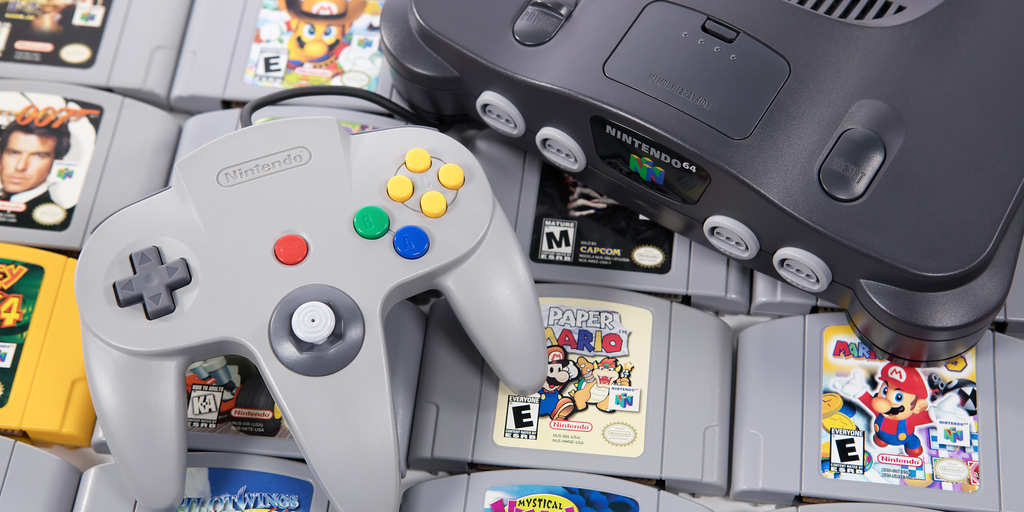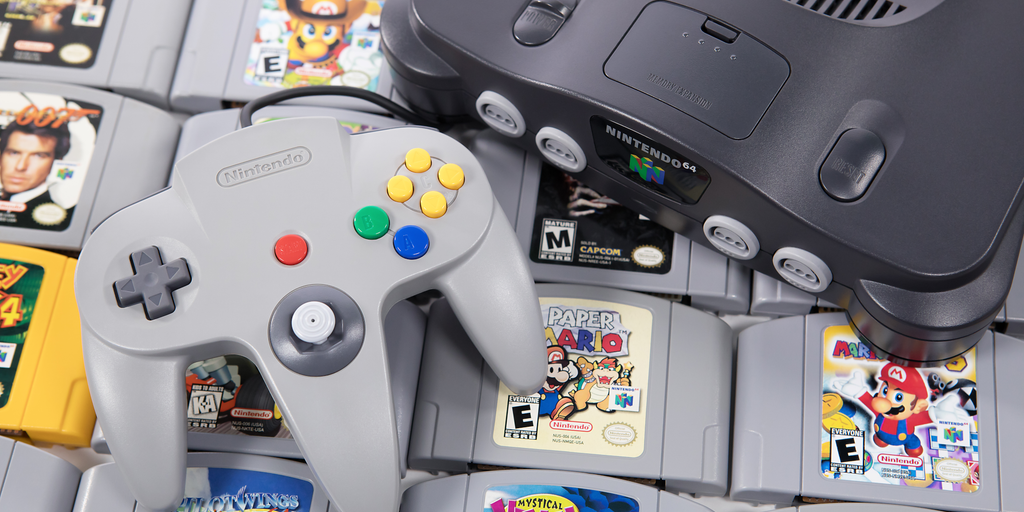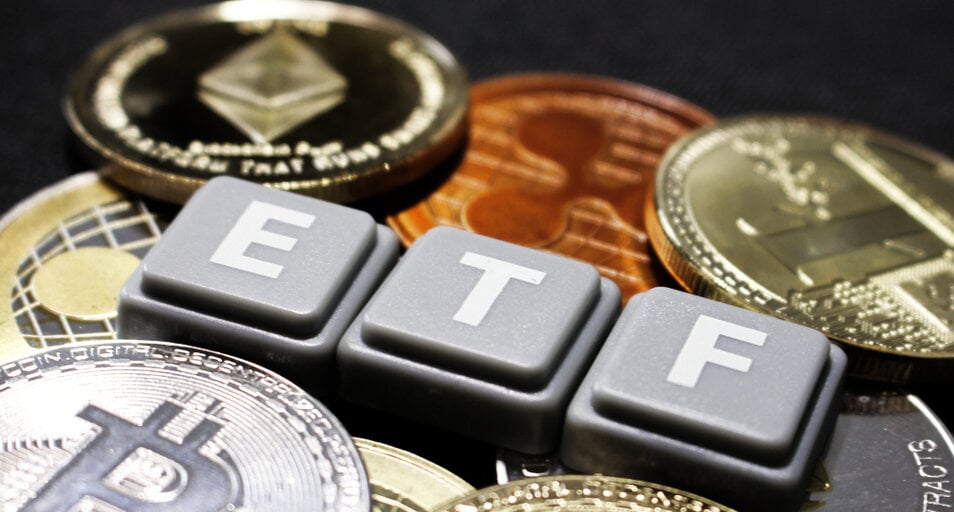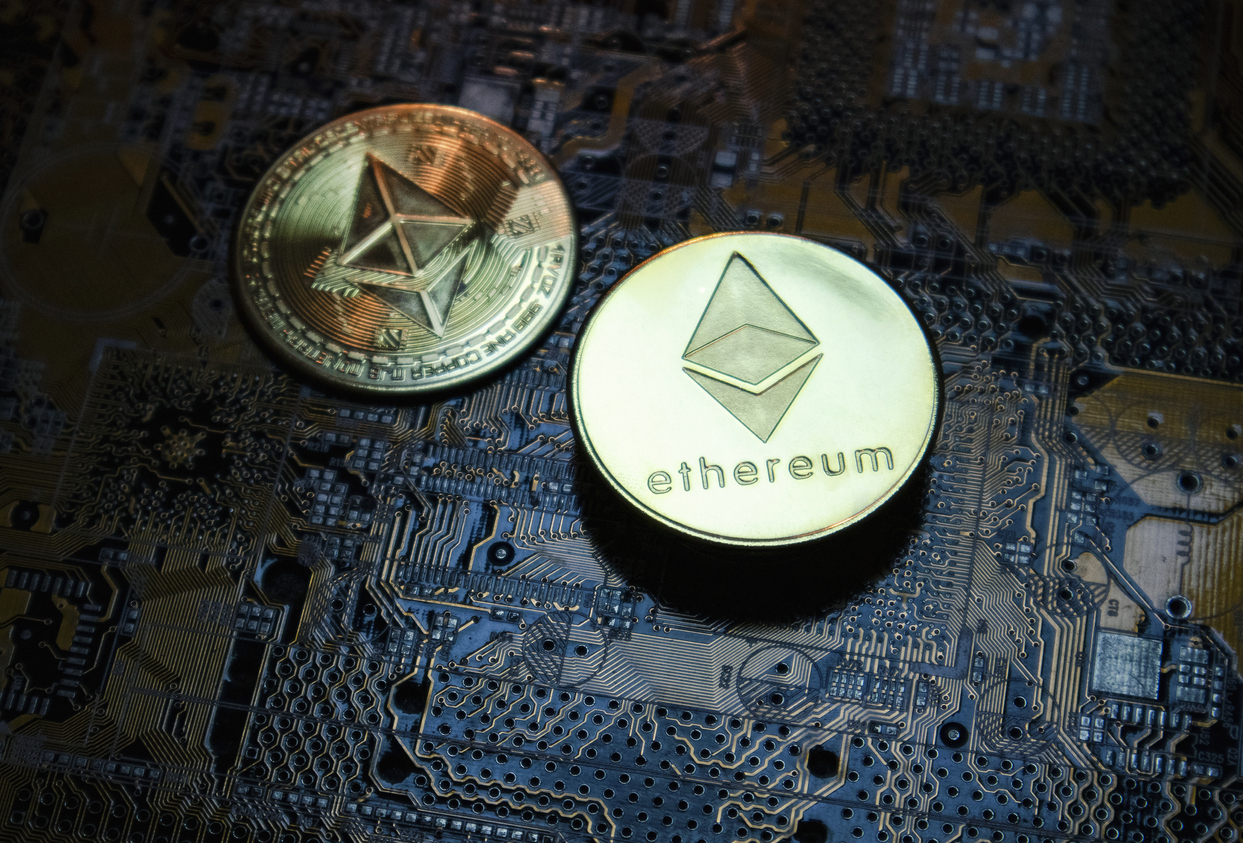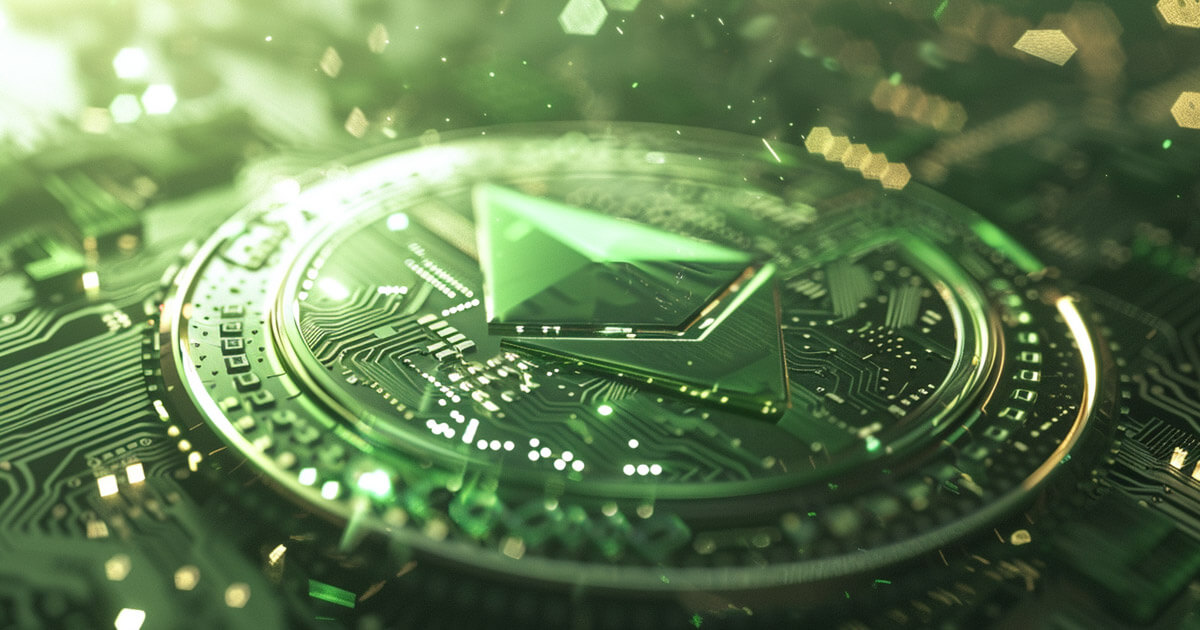After building the Super Nintendo Entertainment System (SNES) on the Bitcoin blockchain, the Ninjalerts team is at it again. This time, the Pizza Ninjas project has landed a Nintendo 64 (N64) emulator on the network, the group announced on Wednesday.
As with previous projects, the N64 emulator is inscribed with Ordinal Inscription 61,648,429 and allows users with compatible game files to play N64 games in their browser.
“We are trying to implement four-player multiplayer on Bitcoin,” said Ninjalerts CEO Trevor Owens. decryption.
Thanks to the integration of Brotli, a lossless compression algorithm developed by Google, with recent improvements to Ordinals, Ninjalerts is said to be able to reduce file sizes by approximately 80% and, consequently, reduce the number of Bitcoin blocks needed to write an N64 emulator. said. .
“We developed the SNES emulator before it came out,” Owens said. “So, considering that modern systems may be too expensive to register for game preservation.
“For example, Goldeneye 64 is 12.6 MB.” He goes on to add that the emulator binary is 6.4MB uncompressed and 1.4MB after compressed with Brotli.
The identity of the Bitcoin network remains a matter of debate among Bitcoin believers. In January, Taproot Wizards registered its Quantum Cats collection on the Bitcoin blockchain. A collection of 3,333 items is expensive as it costs $66,000 and takes up 10MB, or 10 blocks, on the network.
By comparison, the N64 inscription costs Ninjalerts $25,000, and as Owens points out, compressed game files using Brotli can potentially only use up to three blocks.
“If we can compress (the game files) 75 percent down to 3.15 MB, it looks more like the file size of a SNES game,” Owens said. “If you work with a miner, it might fit into one block. Otherwise, it might be split into eight inscriptions, each less than 400 kb.”
Owens said one reason the N64 was the focus of the latest Ordinals project is because the Nintendo 64 was the last major console to use cartridges before CDs became the standard.
“It’s very unlikely that it will go to a console newer than the N64, and it’s not likely that it will go to the Playstation 1,” he said. “This is the console era where companies are starting to introduce DRM, which puts us in a legal gray area.”
DRM (Digital Rights Management) refers to a technology that controls access to digital content to prevent unauthorized copying and distribution.
Owens said that after news of the SNES project broke, he was approached by people mentioning the Dolphin Emulator, which was removed from Steam due to legal issues.
“The key part of this case is that they destroyed the system they released in order to reverse engineer the DRM on the console,” Owens said. “We will not be copyrighting any games, but we hope to continue the dialogue with archivists.”
Edited by Ryan Ozawa.
Stay up to date with cryptocurrency news and receive daily updates in your inbox.
